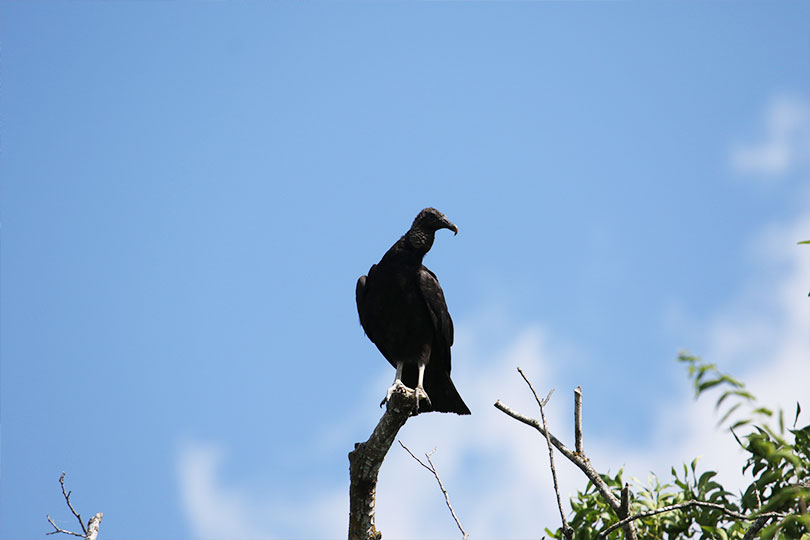By Shelby Shank
Field Editor
Ranchers are all too familiar with the threat black vultures pose to livestock, but recently introduced legislation could help ranchers better protect their livestock.
The bipartisan Black Vulture Relief Act was introduced by Reps. John Rose (R-TN) and Darren Soto (D-FL).
This bill would allow ranchers to take black vultures without a permit they believe will cause death or injury to their livestock.
“Black vultures are a nuisance to livestock farmers and ranchers and pose a deadly threat to young calves and other animals. The current patchwork of regulations regarding the black vulture permit application process ties farmers in red tape,” Rose said. “My bipartisan bill, the Black Vulture Relief Act, will give relief to the farmers and ranchers fed up with these scavengers killing their livestock and eating into their profits.”
The bill institutes a report ranchers submit annually detailing the number of vultures they took—capture, kill, disperse or transport.
While ranchers are facing extreme input costs and rising inflation, the Black Vulture Relief Act reduces permitting burdens and red tape by lifting the cap on the number of black vultures ranchers can take.
“Our farmers and ranchers are facing many obstacles as they work to care for their livestock. By allowing them to take black vultures without a permit before they harm their livestock, we are improving the likelihood of their success,” Soto said.
Black vulture populations have been increasing in the U.S. on average nearly 5% from 1996 to 2015, according to a report compiled by the U.S. Fish and Wildlife Service. Black vultures have been expanding their range from the eastern and southeastern portions of the U.S. to the north and south over the past several decades.
The United States implemented the Migratory bird Treaty Act in 1918, making it illegal to take nearly 1,100 species of migratory birds—including black vultures—without a permit.
Black vultures are scavengers and will sometimes eat live prey, including newborn calves, lambs, goats and piglets. They will also attack or injure vulnerable livestock.
“Black vultures attack livestock—especially young and vulnerable animals—which is a significant challenge for America’s farmers and ranchers,” said Sam Kieffer, American Farm Bureau Federation vice president of Public Policy. “Rep. Rose’s legislation helps protect both livestock and migratory birds, like black vultures, which is why the American Farm Bureau strongly supports the Black Vulture Relief Act of 2023.”
The bill is also supported Texas Farm Bureau, National Cattlemen’s Association, Tennessee Farm Bureau Federation, Tennessee Cattlemen’s Beef Association, Virginia Farm Bureau Federation and the American Sheep Industry Association.
Read the full text of the bill here.


YES, YES, YES!!!!! IT;S ABOUT TIME!!!!! WE HATE THESE PREDICTORS!!! THEY KILL BABY CALVES, GOATS, SHEEP, AND EVEN THE MOMS, IF THEY CAN GET TO THEM IN TIME! wE HAVE LOST ALOT OF BABY CALVES TO THESE NASTY CRITTERS!!
If I read this correctly, permits are no longer required AND there is not a limit to how many can be taken? The only requirement by ranchers is to report the number annually. Is that all correct? Thank you.
The bill has not yet passed, so current regulations/laws are still in place.
No mention of the Turkey buzzard in your comment. I rarely see one on on my property. I think thinning the black buzzard might help the population of the Turkey buzzard (vulture).?
Excellent sensible solution to a problem I’ve had. Thank you.